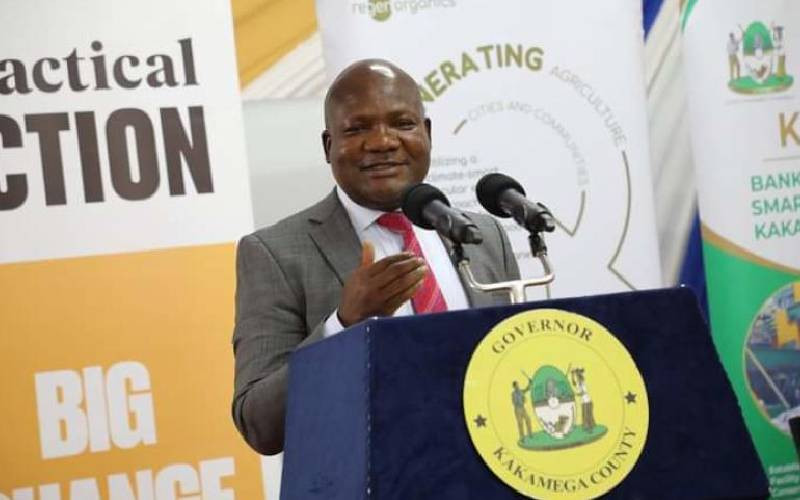×
The Standard e-Paper
Smart Minds Choose Us

Kakamega county government has partnered with the United States Agency for International Development (USAID) and other stakeholders to boost development and minimise duplication of activities.
Speaking during the launch of USAID Partnership Forum at Golf Hotel, Governor Fernandes Barasa emphasized the importance of this collaboration highlighting the county's commitment to address resource gap in the County Integrated Development Plan (CIDP), which stands at nearly Sh40 billion.